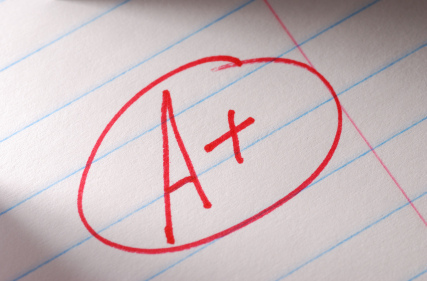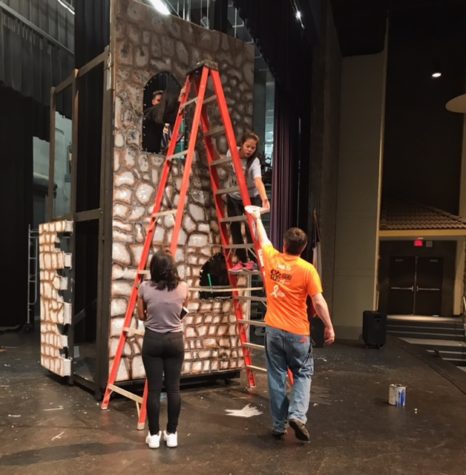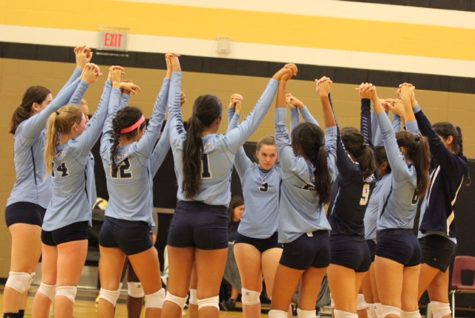More Than Just Tired
November 10, 2015
Most people don’t get enough sleep. Whether it’s students that stay up late to study or people that work until midnight or maybe just someone who’s having fun. We all know the lack of sleep can cause us to feel grumpy and not work efficiently. But, in reality it is much more than simply feeling tired. Too little sleep puts us at risk of developing heart disease, diabetes, obesity and can even cost us our lives.
Getting too little sleep can result in poor judgment, lack of concentration, and poor emotional control. Proper judgment, concentration, and control are all very crucial to learning in school. Sleeping too little literally makes us more dumb, and not do well in class. For example it’s really hard for me to concentrate on a test, especially during the listening portion if I only slept for four hours the night before.
 Not getting enough sleep has even more serious long-term consequences. Studies have shown that getting only a few hours of sleep has a direct relationship to heart diseases, as well as obesity. It can also hurt your bones and your skin ages at a faster rate than usual. For even more serious problems, sleeping deprivation can cause memory loss. In 2009 French researchers determined that brain events called “sharp wave ripples” are responsible for consolidating memory. The ripples also transfer learned information from the hippocampus to the neocortex of the brain, where long-term memories are stored. Sharp wave ripples occur mostly during the deepest levels of sleep. The worst of all is that the lack of sleep may increase your risk of death! Since your focus on what’s going on decreases, there’s a larger chance of car and work accidents as well as doubling the risk of cardiovascular disease.
Not getting enough sleep has even more serious long-term consequences. Studies have shown that getting only a few hours of sleep has a direct relationship to heart diseases, as well as obesity. It can also hurt your bones and your skin ages at a faster rate than usual. For even more serious problems, sleeping deprivation can cause memory loss. In 2009 French researchers determined that brain events called “sharp wave ripples” are responsible for consolidating memory. The ripples also transfer learned information from the hippocampus to the neocortex of the brain, where long-term memories are stored. Sharp wave ripples occur mostly during the deepest levels of sleep. The worst of all is that the lack of sleep may increase your risk of death! Since your focus on what’s going on decreases, there’s a larger chance of car and work accidents as well as doubling the risk of cardiovascular disease.
Sleeping is just as important as eating healthy and getting enough exercise. It’s a time to recharge our batteries after a tiring day. Also, getting adequate amount of sleep can inspire creativity and boost our immune system. For students who stay up really late or get less than 6 hours of sleep, they shouldn’t sacrifice their health for grades. Because sleep loss during the weekdays can’t be made up by a 12 hour sleep on Saturday. What is lost is lost, but taking short naps during the day can help release some of the stress and help to focus better.
How much sleep do we need?
- Young children: 12 hours or more\
- Teenagers: Around 9 hours
- Adults: 7 to 8 hours
- Seniors: At least 6 hours
















